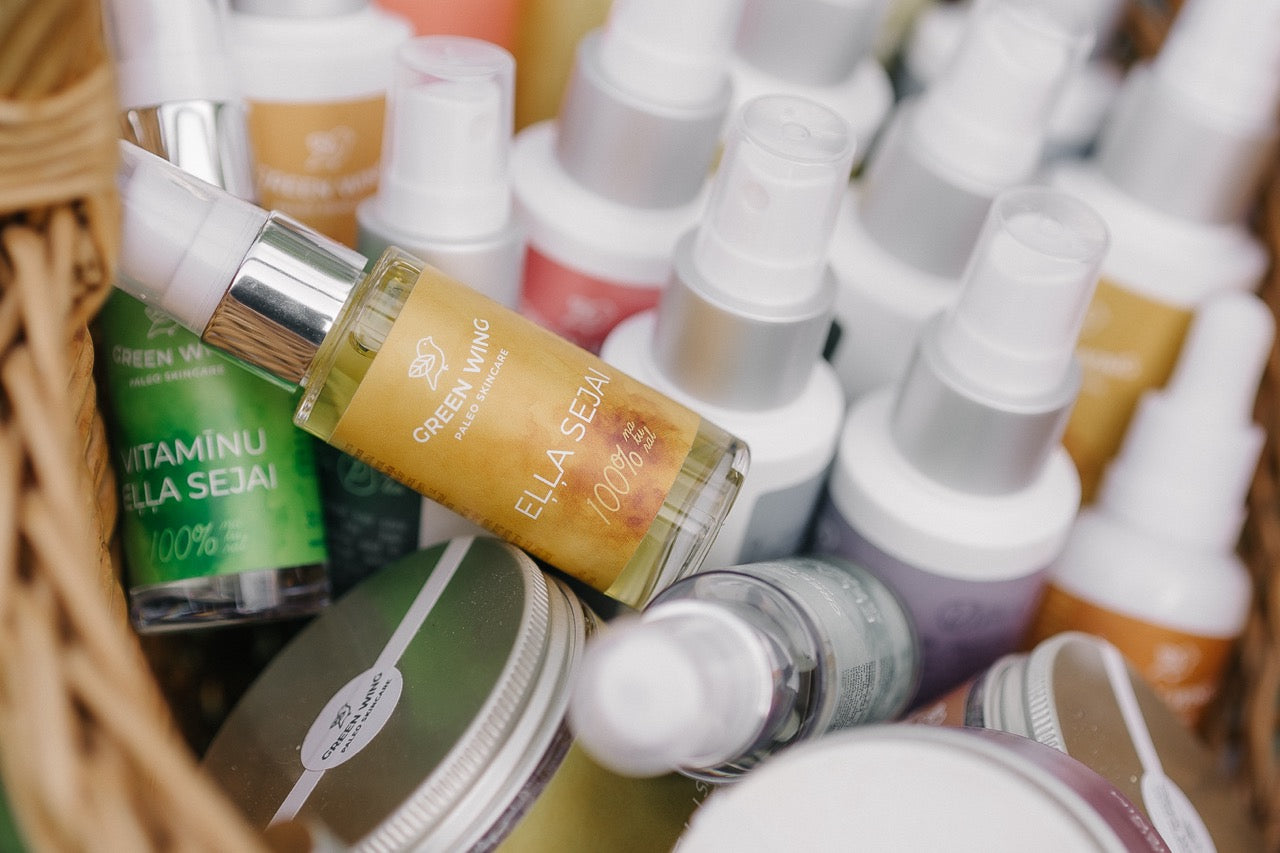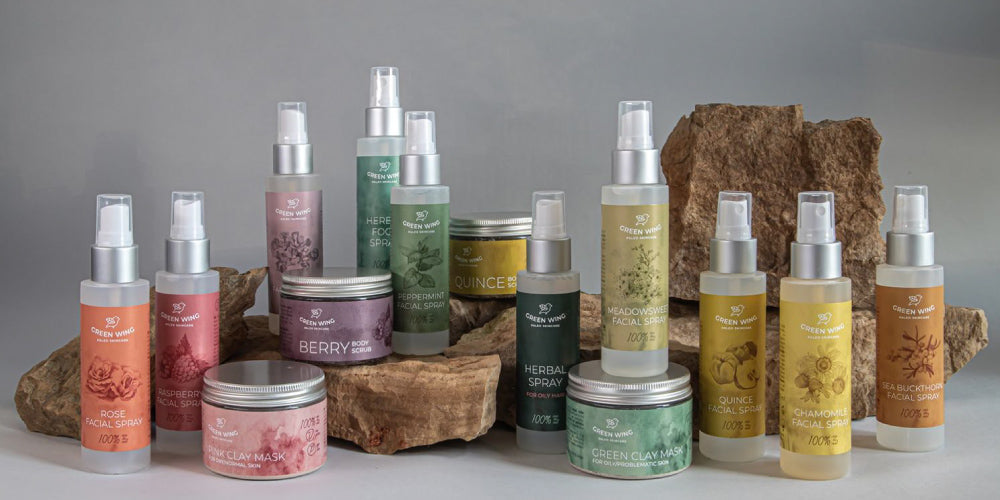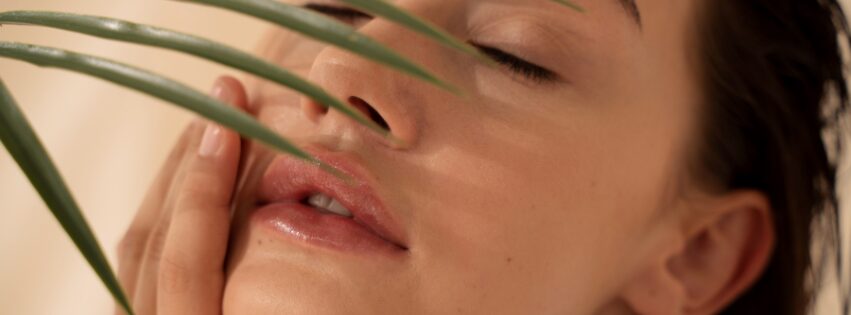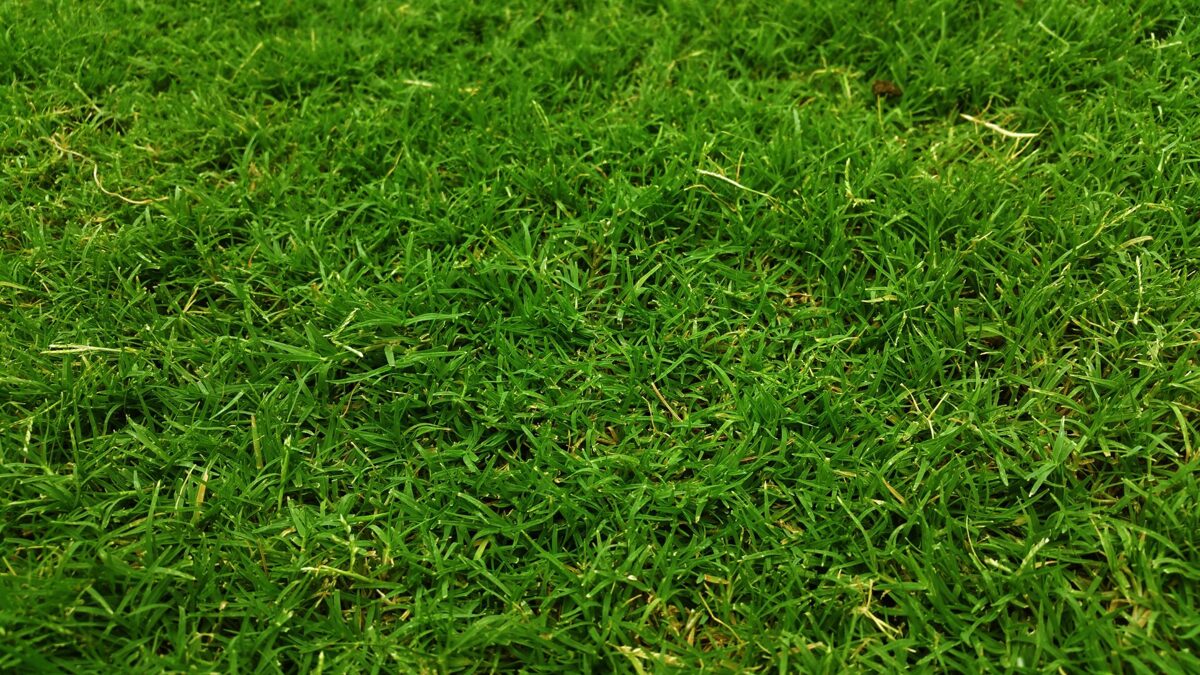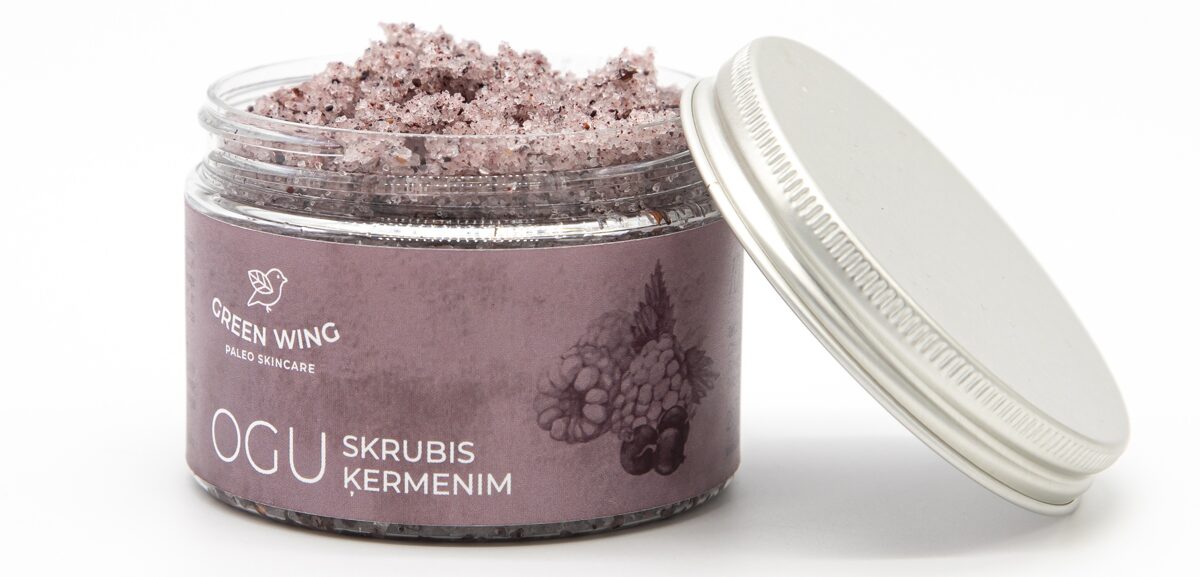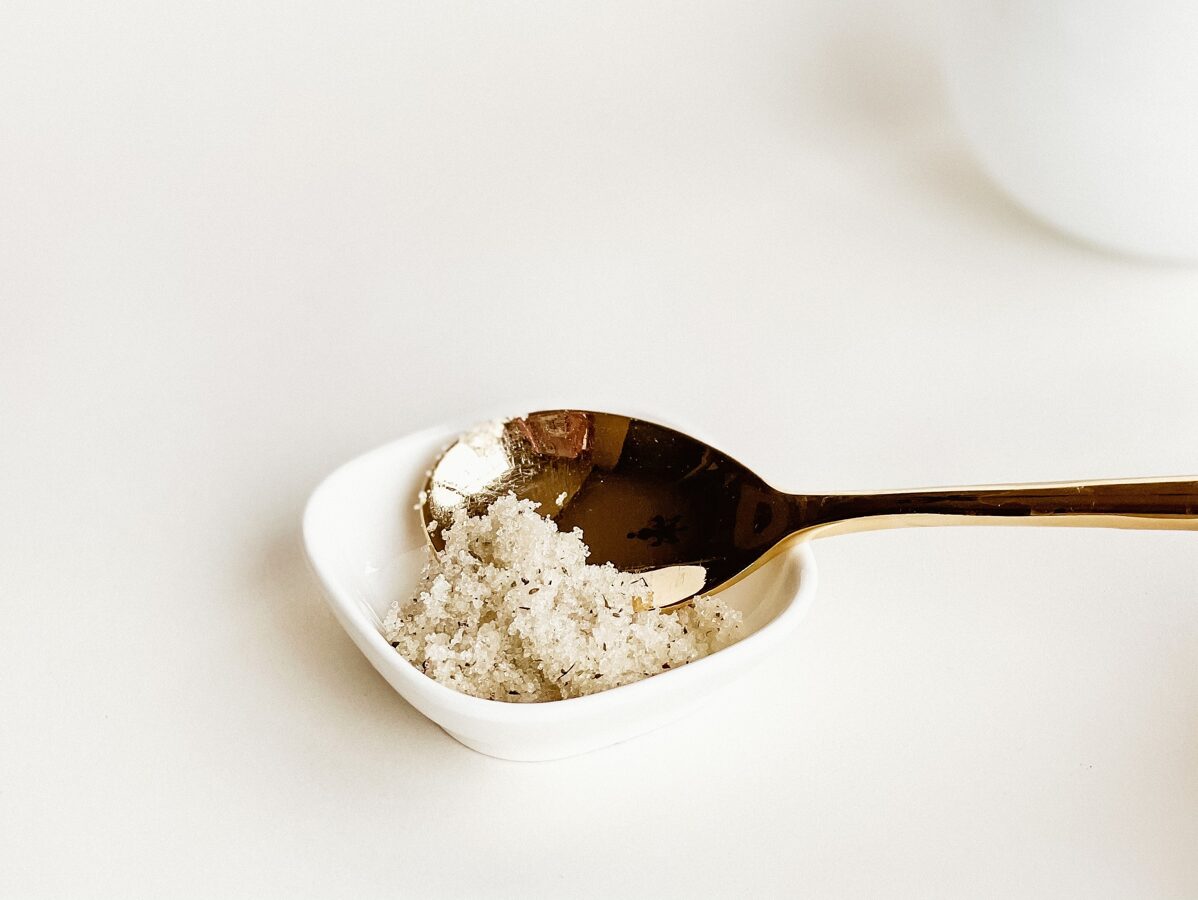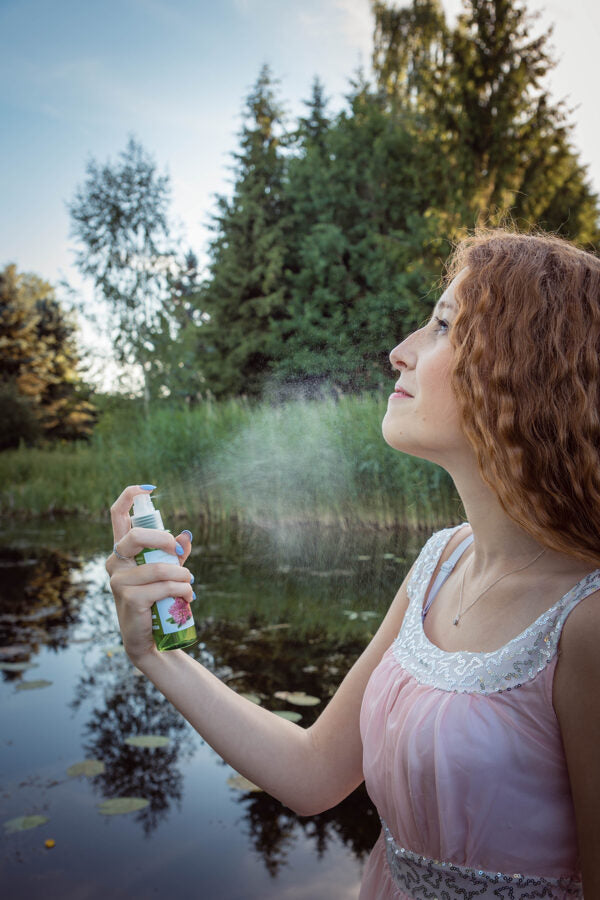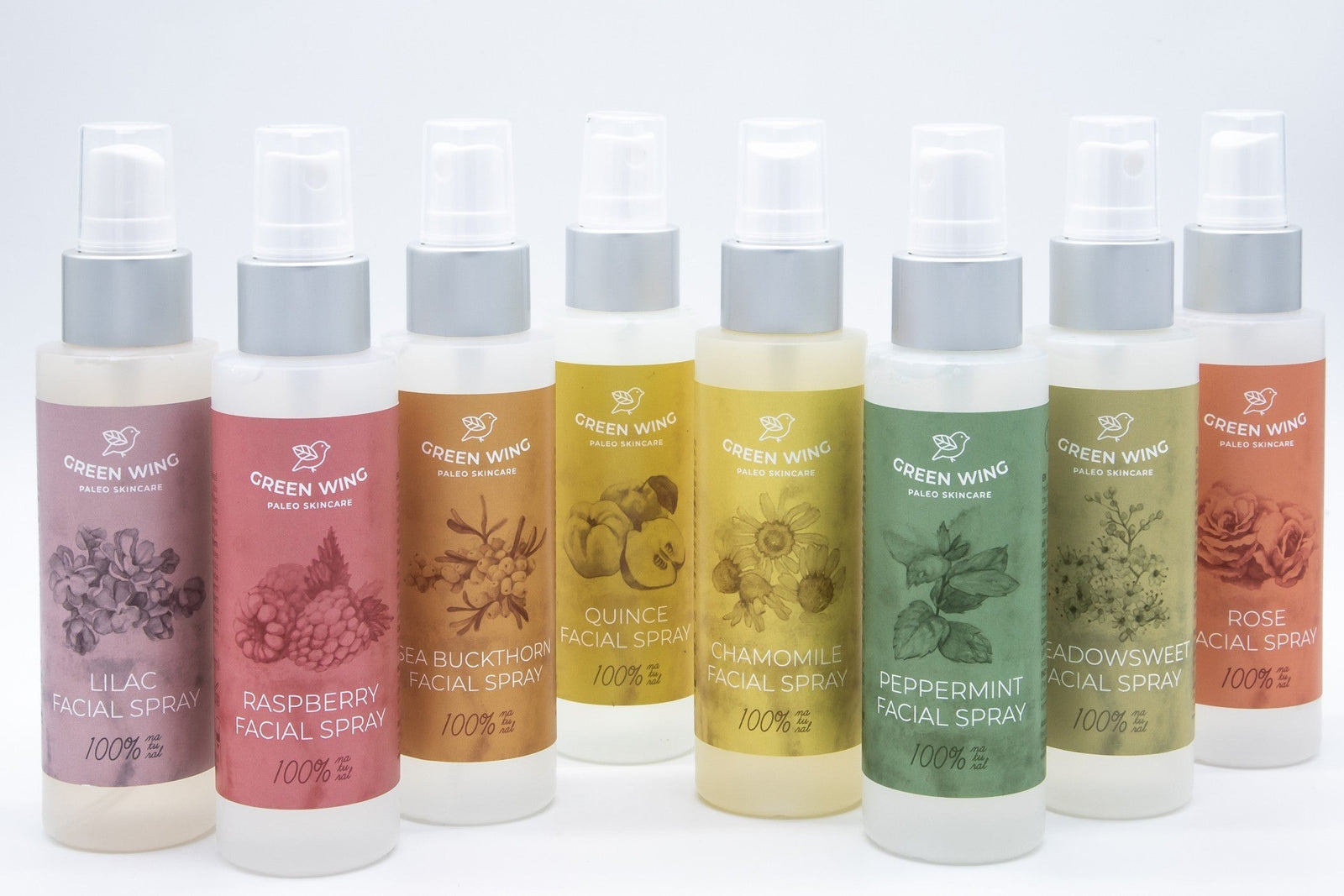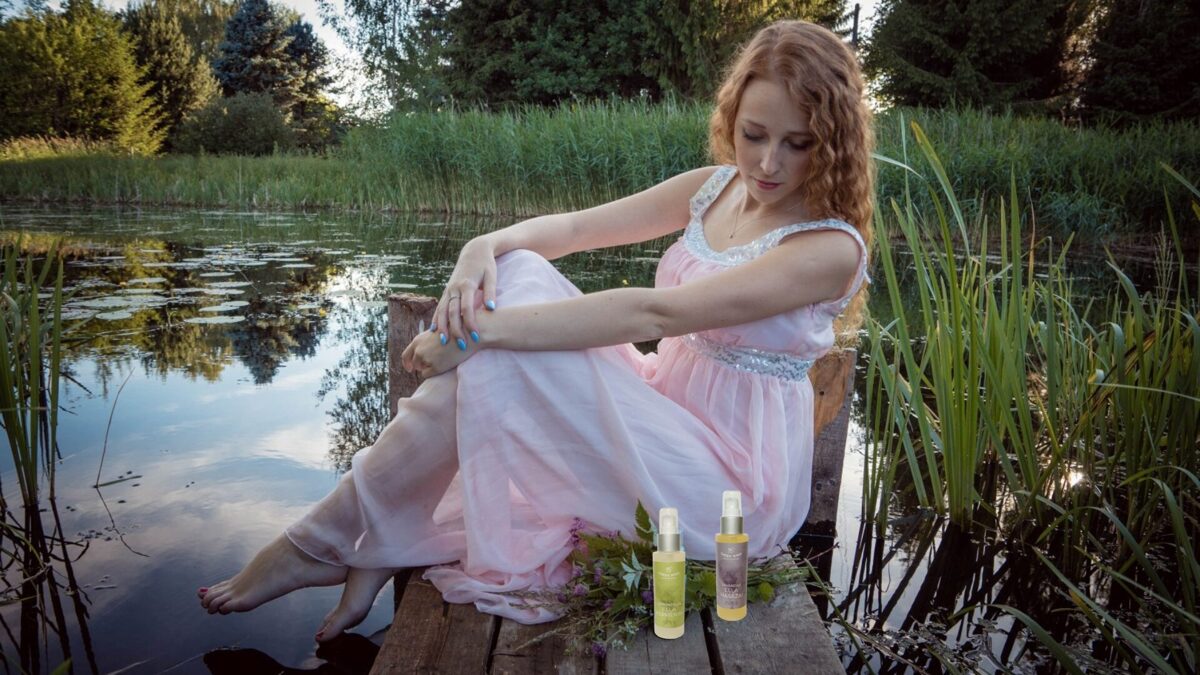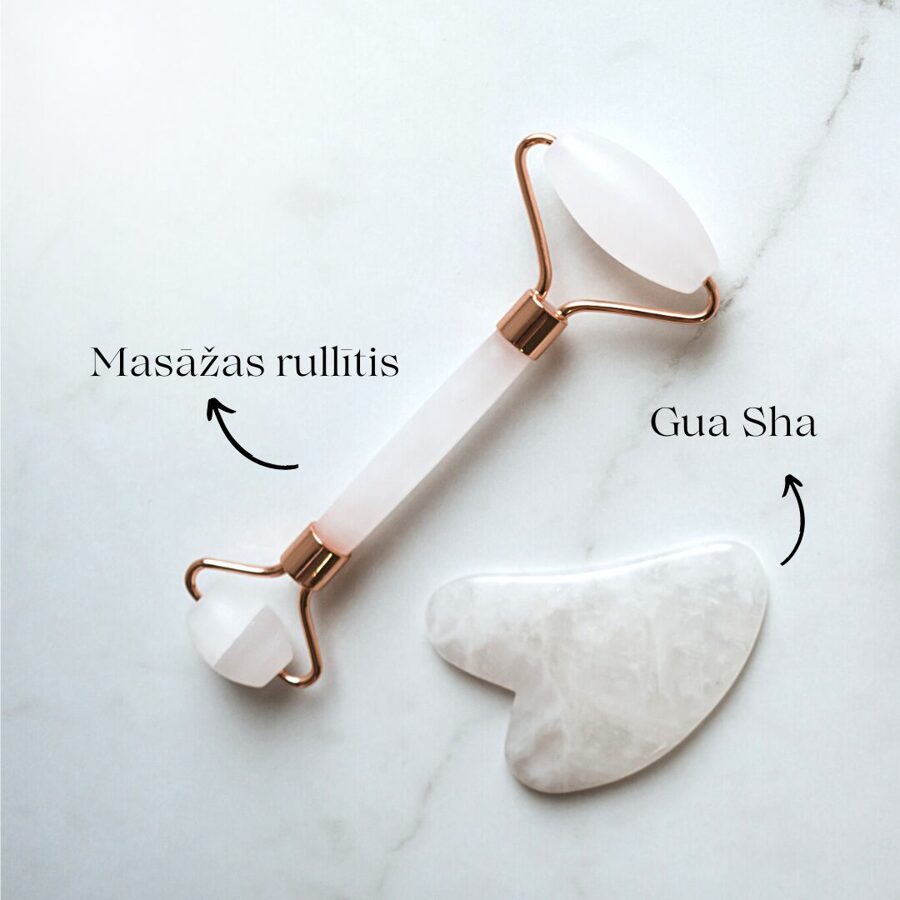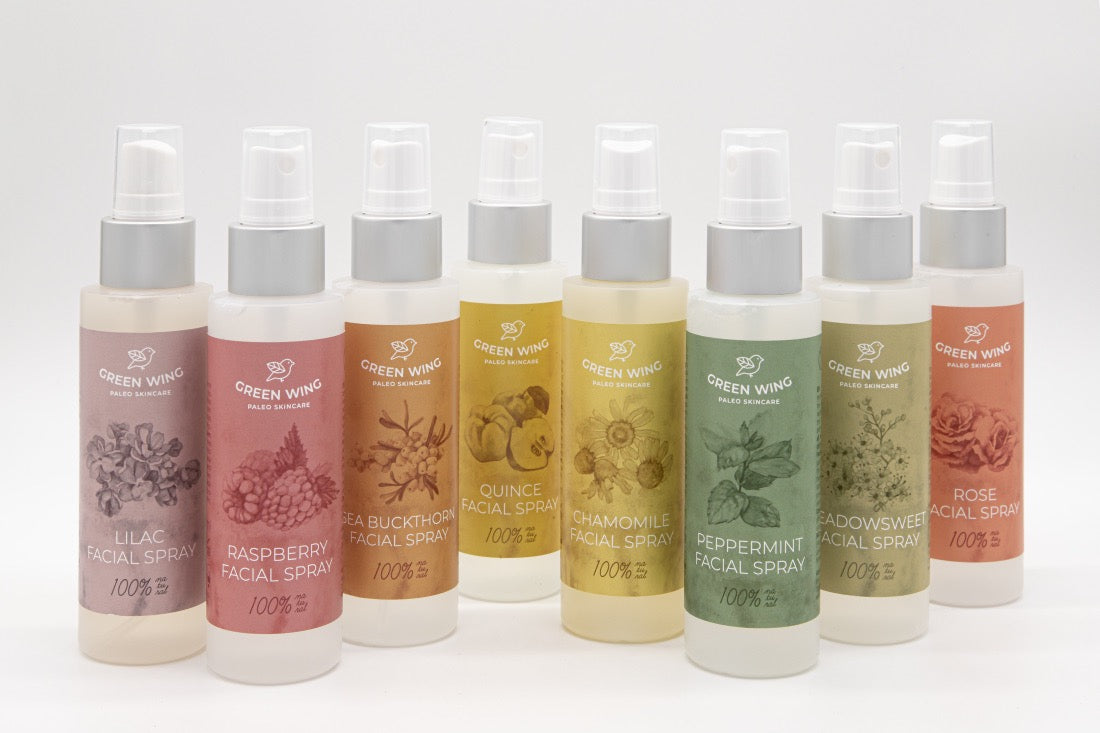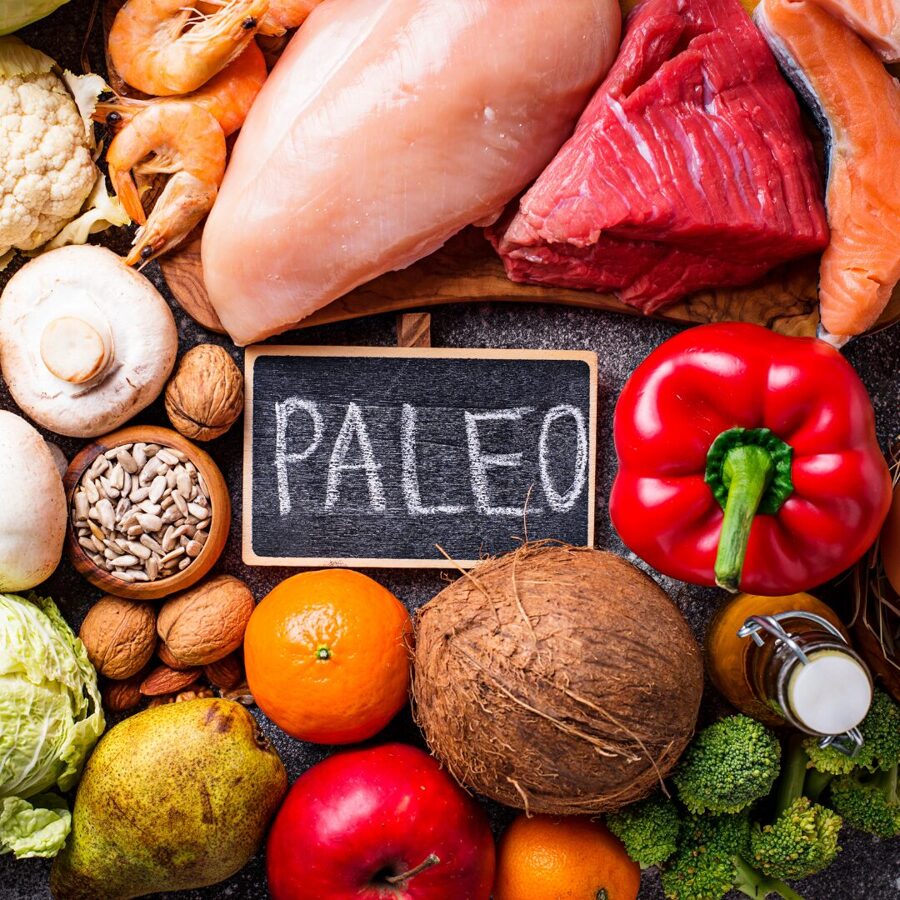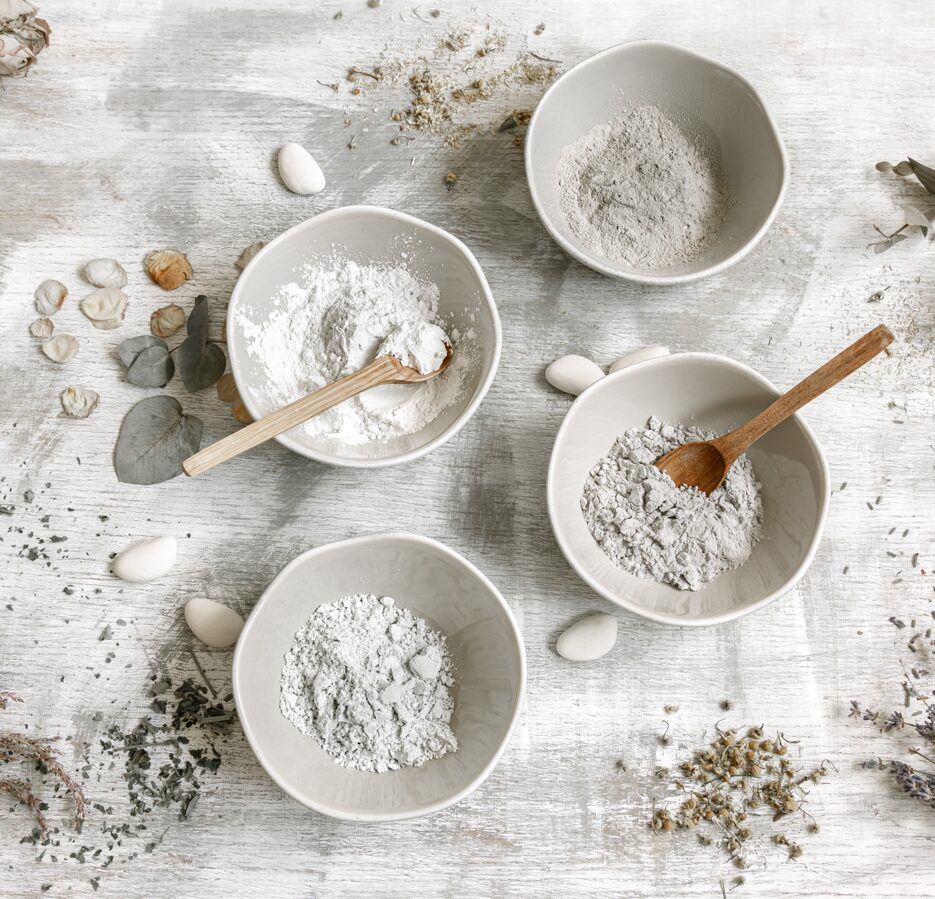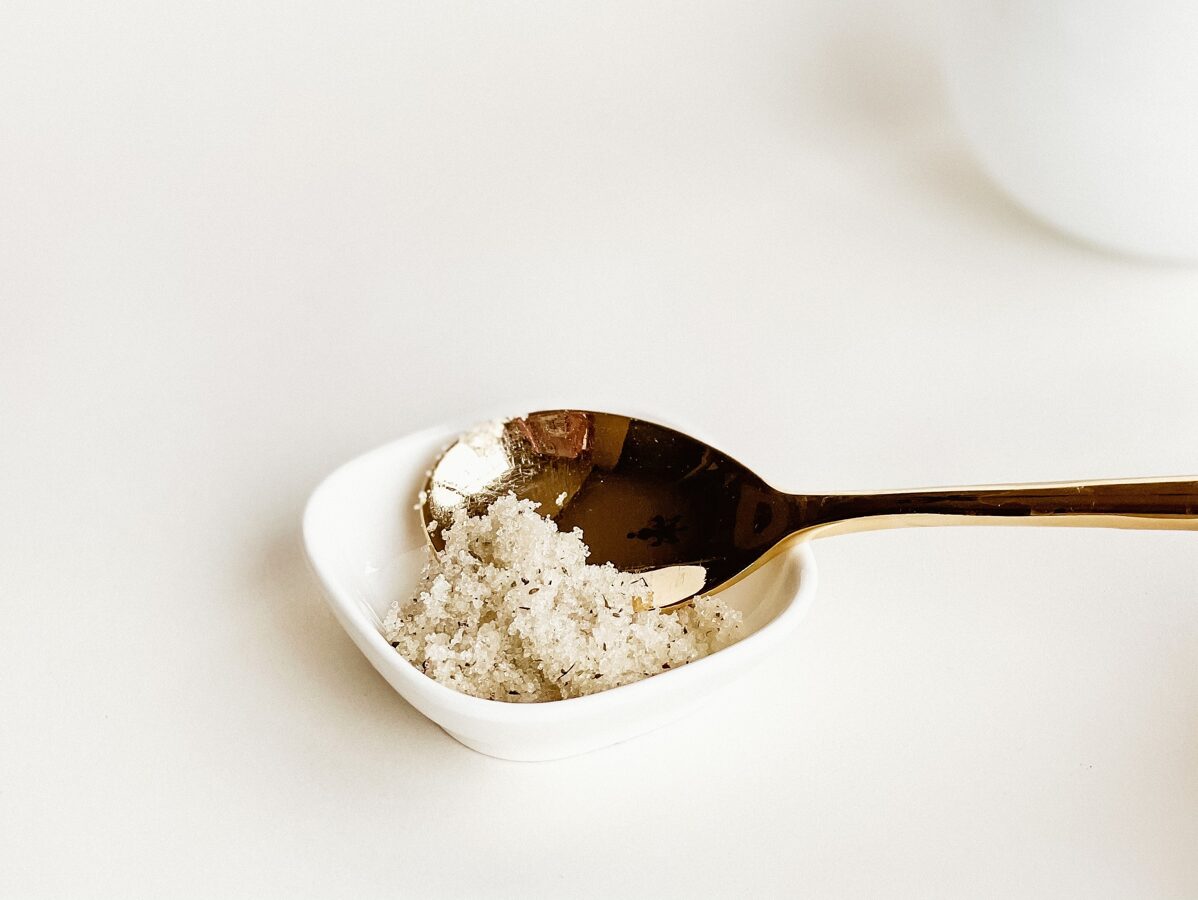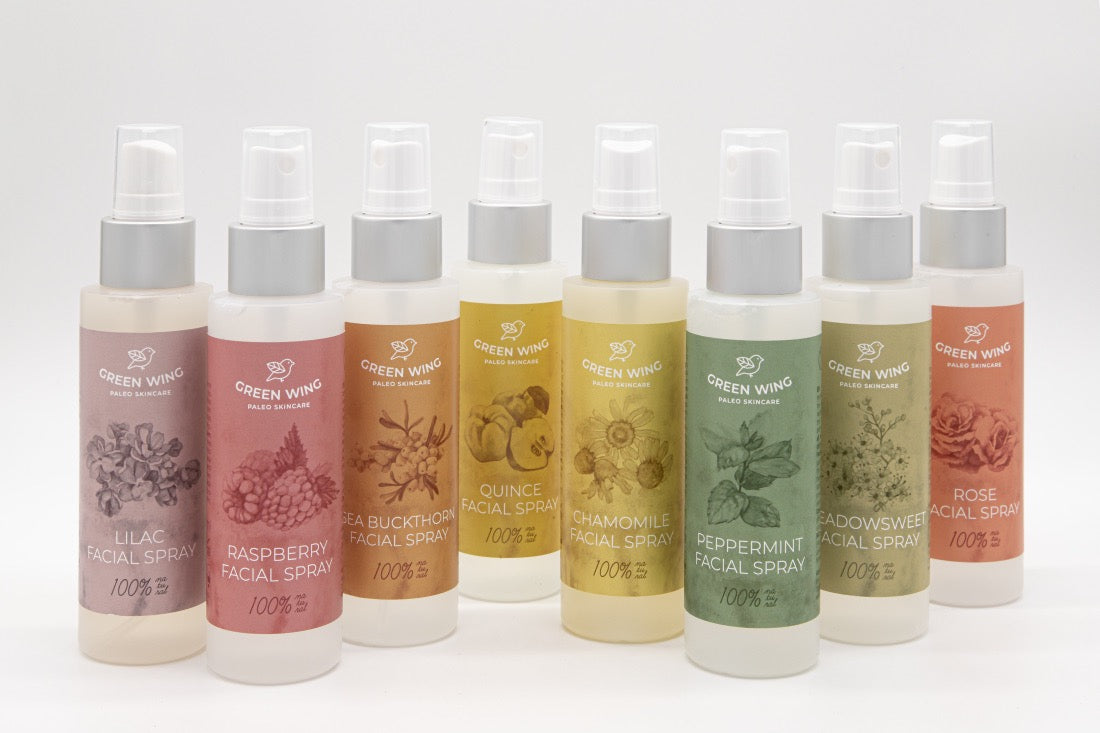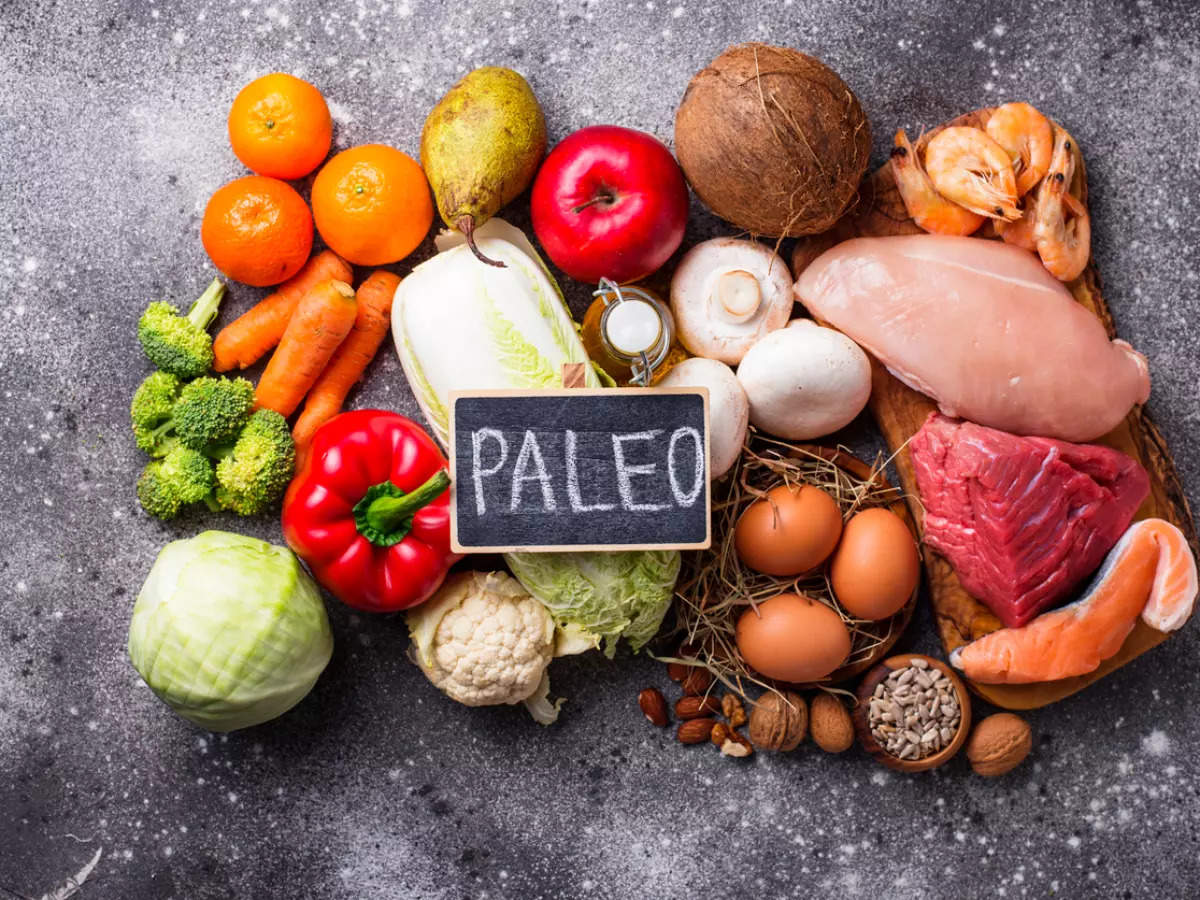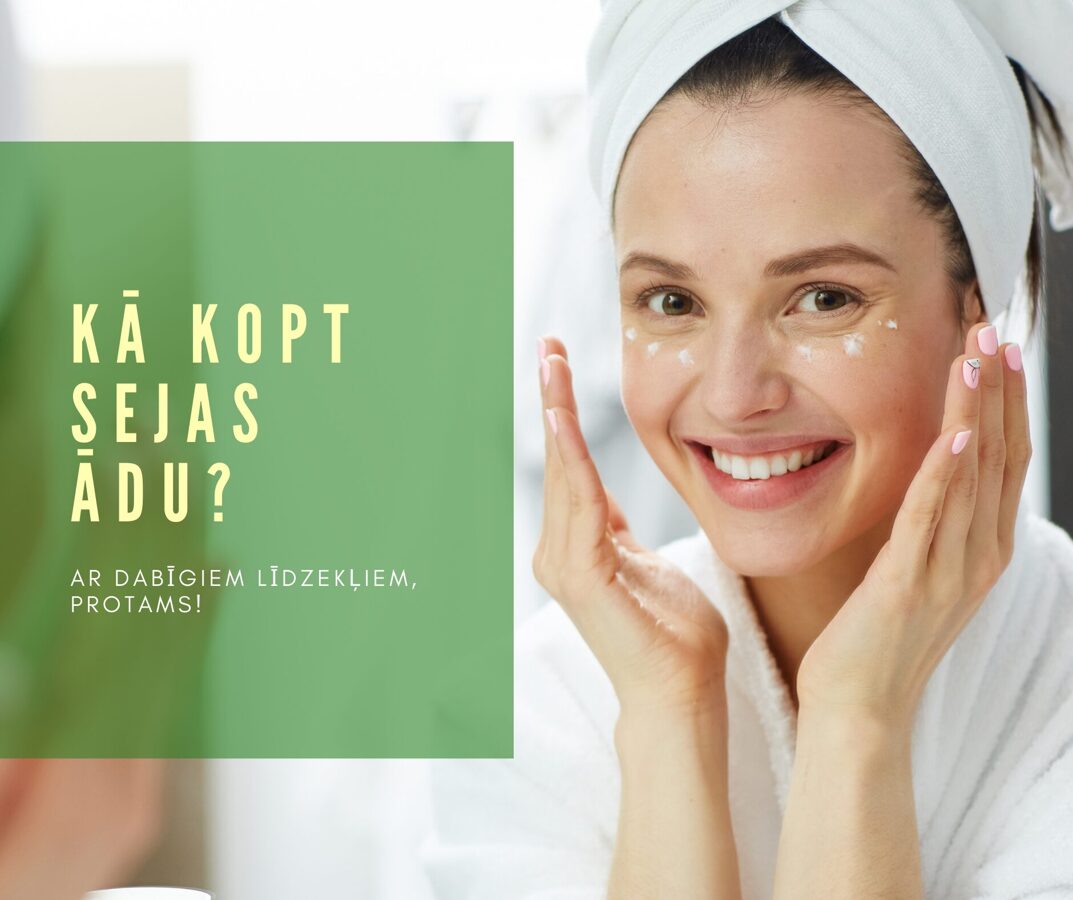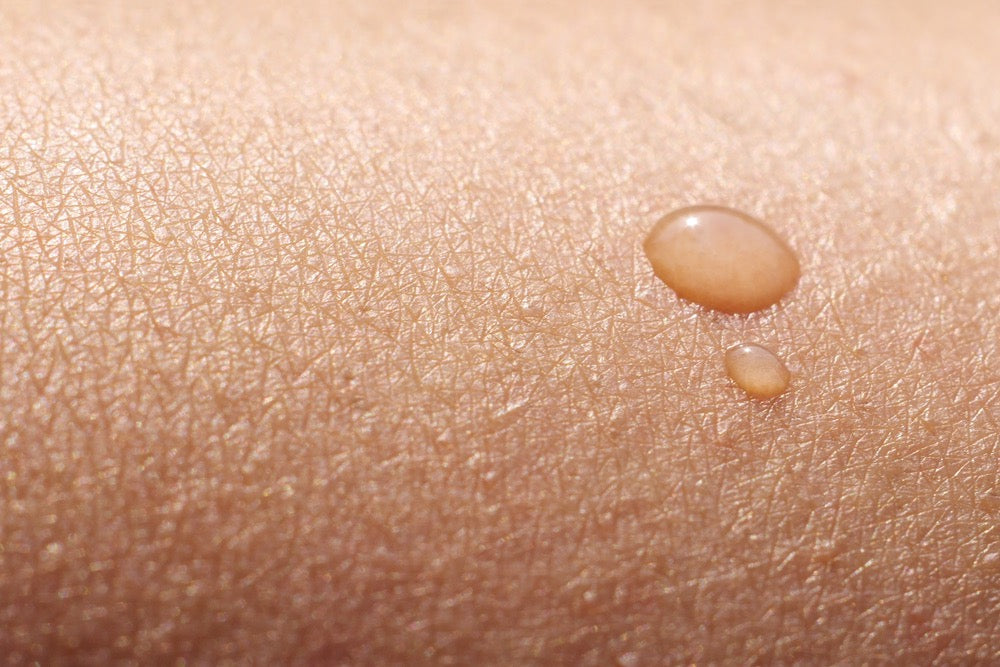The skin is the largest organ in the body, covering our entire body. The skin performs important functions: it regulates body temperature, protects the body from drying out, damage and germs, protects from the sun, and senses touch, temperature and pain.
Our skin is made up of three main layers called the epidermis, dermis and hypodermis. Let's take a closer look at each of them.
The hypodermis is the deepest layer of the skin. It is mainly made up of fat cells that protect the blood vessels, lymph vessels and nervous system and help keep the body warm.
The dermis (the skin's true skin) is a connective tissue of varying thickness containing blood vessels, many immune cells, sweat glands, hair follicles, sensory receptors (which react to pressure or temperature), and nerve endings or pain receptors. The main components of the dermis are collagen and elastin fibres, which give the skin its strength, elasticity and firmness.
The epidermis is the top layer of skin. We can see it with our eyes and, like the outer layer, it protects our body and helps retain moisture. The epidermis contains several layers of living cells, and on top is a layer of dead cells, which are growing all the time as new cells are formed. The deeper layers of the epidermis are fed by tiny capillaries from inside the body, while the top layers (the dead cells) really only need water to look good.
Knowing the breakdown and function of these skin layers makes it clear what effects we can expect from the cosmetic products we use every day. According to legislation, cosmetic products can and should only act on the top layers of the epidermis, leaving the dermis and hypodermis untouched. In fact, we can only look after healthy skin and its full regeneration with a healthy diet, fresh air and sports activities. The top layers, on the other hand, only need to be moisturised, without overdoing it with “super-effective” or “multi-component” products.
Like hair and nails, skin is the fastest growing organ, so it needs specific nutrients to continuously renew and develop immature cells in the lower layers of the skin. These vitamins and minerals are abundant in the body and their deficiency can cause skin to develop in a disordered way - it loses firmness, becomes more vulnerable and ages faster. Vitamins A, B, C, E, selenium, zinc, omega-3 and omega-6 fatty acids are essential for the skin.

To keep your skin healthy and beautiful, you need to look after it from the inside. From the outside, we can only achieve a temporary effect and help the top layer look and feel better. Green Wing contains only a few ingredients in each product and they are completely natural - the skin's surface cells are able to recognise and accept them, so you get the best effect without tiring your skin with artificial compounds.
